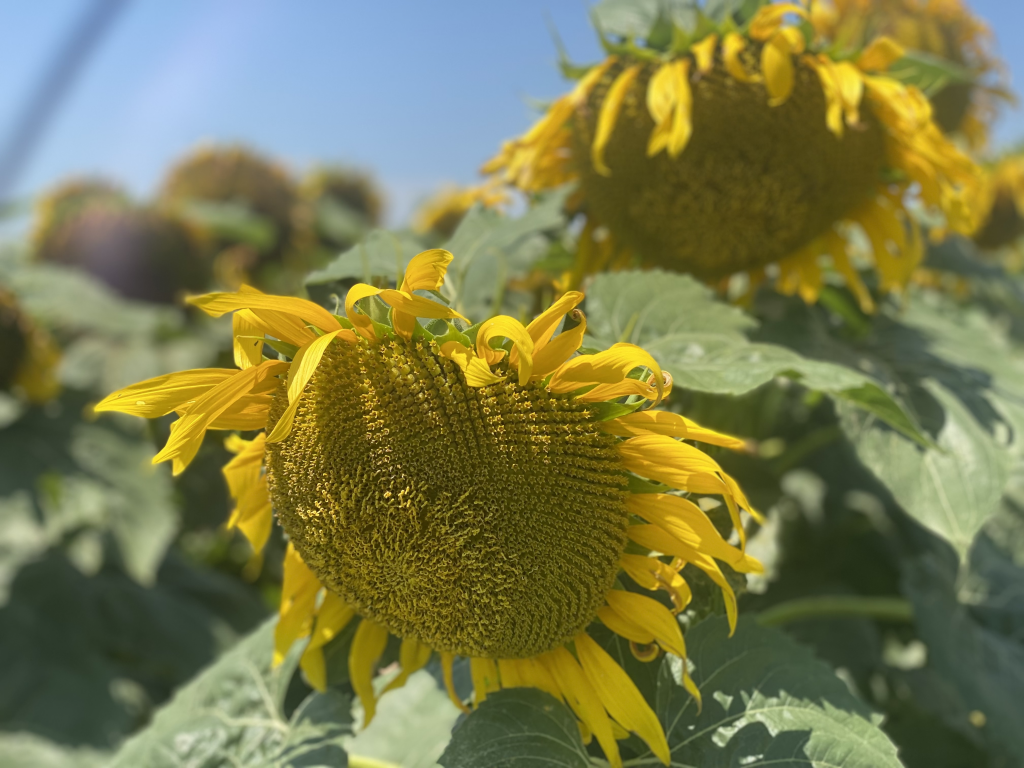- July 28, 2023
Kansas Conservation Series: Sunflowers Role in Crop Rotation
Washington, D.C. – U.S. Senator Roger Marshall, M.D. is continuing his conservation series highlighting Kansans’ voluntary efforts to take better care of the environment. Stories will be released throughout the 2023 Farm Bill legislative process.
“While we hold hearings for the 2023 Farm Bill, I want to highlight how hard Kansans work every day to protect our environment and conserve precious resources that our Ag economy needs to thrive. Kansas farmers, ranchers, growers, and producers are finding unique and practical ways to preserve our land and protect our water and air. Their efforts are worthy of everyone’s praise,” said Senator Marshall.
This week, I’m highlighting the official Kansas State Flower – Sunflowers – and their role in Kansas farmers’ crop rotation and cover crop mixes.
Different sunflower varieties are often included in cover crop mixes, which farmers utilize to stop soil erosion and control weeds in fields. Additionally, sunflowers are grown as a stand-alone crop and likewise have traits that make them more water efficient and often require less fertilizer. Cameron Pierce, Chairman of the Kansas Sunflower Commission and a member of the National Sunflower Association, said he does not have to fertilize his sunflower crop as hard as other fall crops because of the sunflower’s deep root system that can tap nutrients farther down in the soil that other crops simply can’t reach.
While Kansas no longer reigns as the nation’s top sunflower-producing state, it remains in the top five. Last year, Kansas farmers planted about 42,000 acres of sunflower, both oil and non-oil-producing varieties. This figure does not include sunflowers included in cover crop mixes. The crop is responsible for more than $12 million in production each year.

